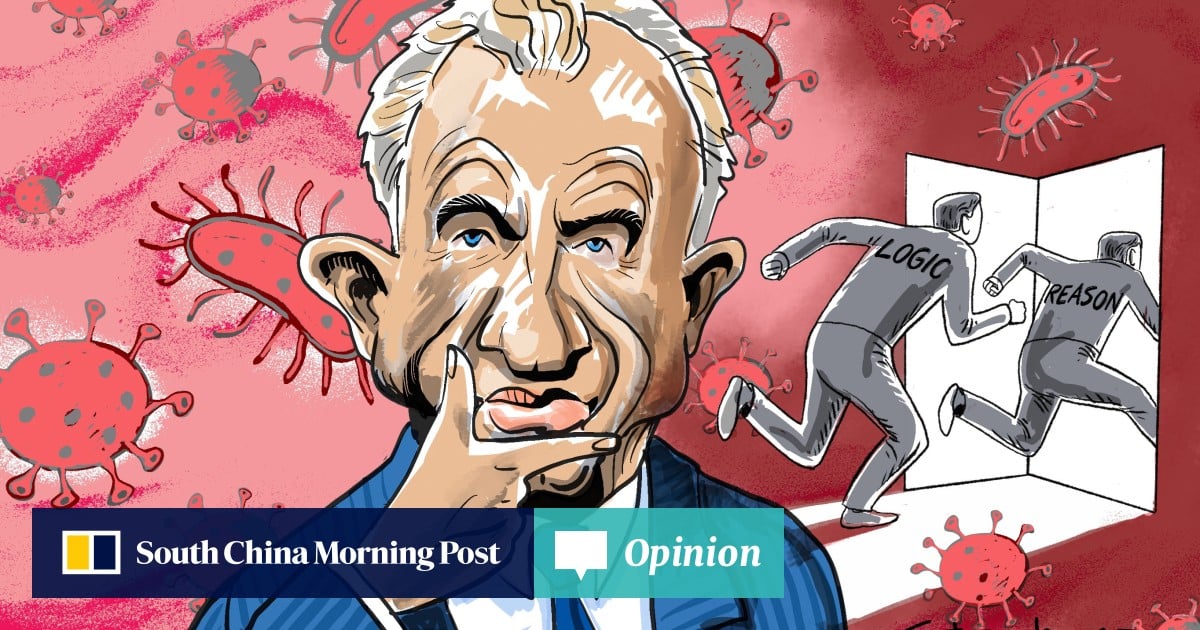The Implications of Robert F. Kennedy Jr.’s Actions at the CDC
When U.S. Health Secretary Robert F. Kennedy Jr. announced the removal of the vaccine advisory panel from the Centers for Disease Control and Prevention (CDC), he framed his decision as a necessary step for the "restoration of public trust." While this assertion may resonate with certain segments of the population, the implications of his actions reach far beyond domestic politics, presenting a more complex global narrative.
Undermining Public Health
At the heart of Kennedy’s decision lies a critical issue: undermining a key pillar of public health. The CDC’s Advisory Committee on Immunization Practices (ACIP) has been a trusted source for vaccine guidance for decades—not just within the United States, but globally. This committee comprises independent epidemiologists and immunologists, dedicated to the singular mission of preventing disease and saving lives. By dismantling this respected body, the U.S. is not only eroding public health standards at home; it risks ceding scientific authority to other nations, particularly China, which could step into the power vacuum created by these changes.
A Shift in Scientific Authority
The signal that the U.S. sends with the removal of seasoned health experts is significant. It suggests an endorsement of skepticism over scientific consensus, potentially leaving a void that more authoritarian regimes could exploit. As the world grapples with various global health challenges, from pandemics to vaccine hesitancy, the need for a robust, reliable institution like the CDC has never been more crucial. Shifting trust from such a well-established body to unproven alternatives can set back global public health efforts and affect the very fabric of international cooperation on health matters.
Kennedy’s Ideological Agenda
Kennedy’s background and beliefs render him a controversial figure in health policy. His close ties to vaccine skepticism and promotion of fringe ideas depict a troubling trend in leadership. Rather than relying on established science, Kennedy has brought forth a group of hand-picked appointees, many of whom share skepticism about vaccines, including Vicky Pebsworth, known for her association with one of America’s oldest anti-vaccine groups. This shift is not merely a replacement of personnel; it embodies a purge executed under the guise of reform but driven by ideological motives.
Unhinged Claims and Their Impact
Kennedy’s previous statements illustrate a broader embrace of conspiracy theories that challenge scientific norms. His pronouncements—ranging from claims that Wi-Fi can cause cancer to suggesting that U.S. vaccine mandates are akin to Nazi Germany’s authoritarianism—shed light on his worldview. Such rhetoric could easily be dismissed as the ramblings of a conspiratorial thinker, yet they are now relevant at the level of U.S. public health policy. Each wild assertion risks normalizing bizarre ideologies and fostering an environment where rational discourse about vaccines becomes increasingly difficult.
The Future of Vaccination Guidance
The consequences of Kennedy’s decisions extend to the future of vaccination in America. The CDC’s ACIP has garnered its gold-standard reputation by grounding recommendations in rigorous scientific analysis. The transition to a panel comprised of known skeptics jeopardizes this credibility, calling into question the legitimacy of public health efforts. Without the backing of sound science, vaccine advocacy may falter, leading to increased skepticism among the public and potentially lower vaccination rates, which in turn can endanger herd immunity.
The Role of Public Trust
While restoring public trust in health institutions is an admirable goal, it must be accomplished through transparency and evidence-based practices rather than through ideological purges. Trust is not a simple matter of reframing the narrative; it necessitates reliable data, proven efficacy, and a commitment to public welfare. The CDC, with its historical claim to both domestic and global health authority, has been a model for this approach. Chipping away at its foundation could lead to significant long-term ramifications that ripple through the very fabric of American public health.
In dismantling an institution that has served as a beacon of scientific authority, Robert F. Kennedy Jr. is not only reshaping the landscape of health policy but also redefining what it means to trust in public health expertise. The direction in which this country moves may not only affect Americans but resonate worldwide, changing the course of future pandemics and health strategies across the globe.


